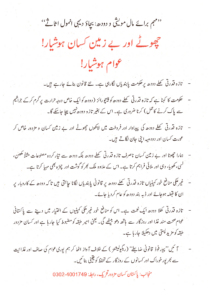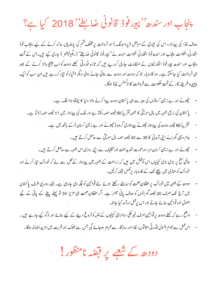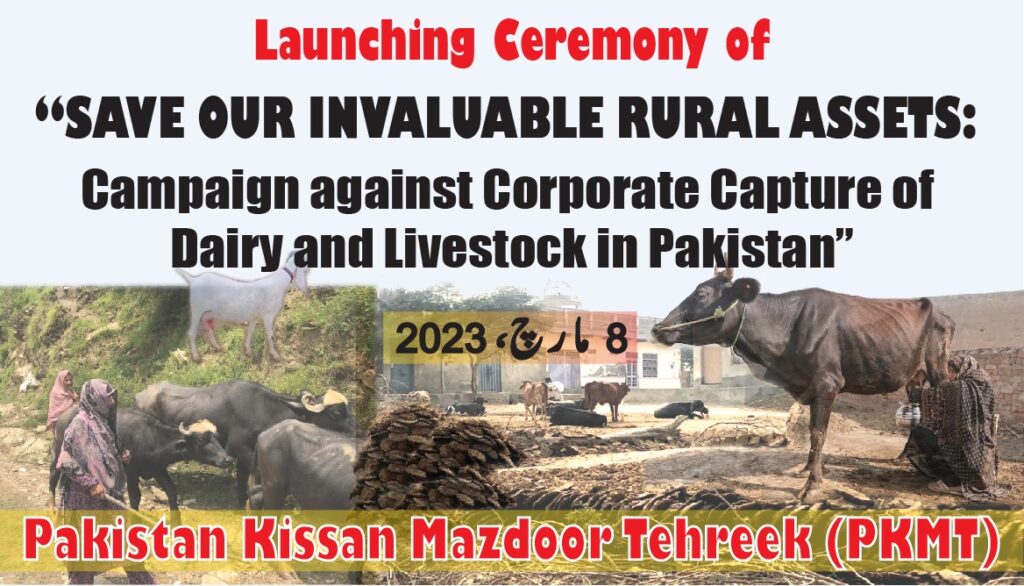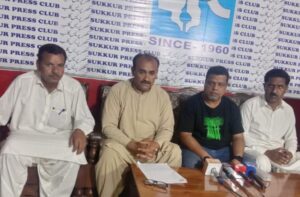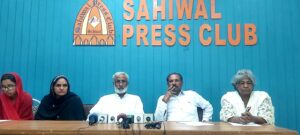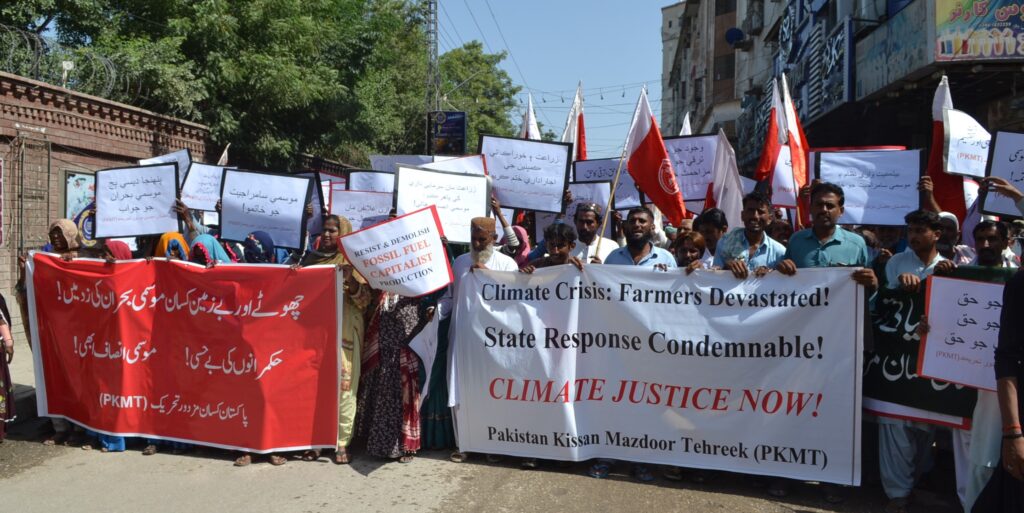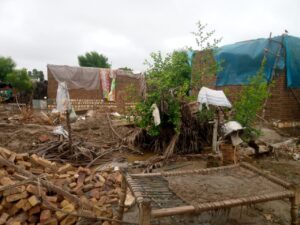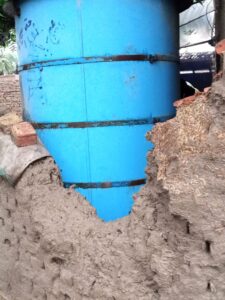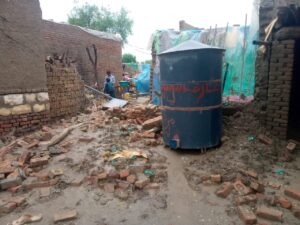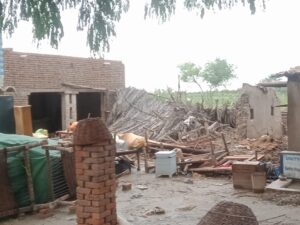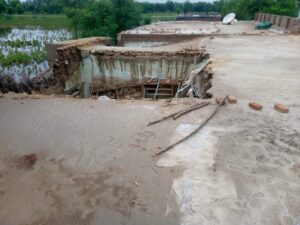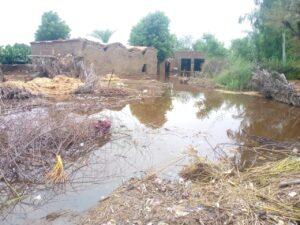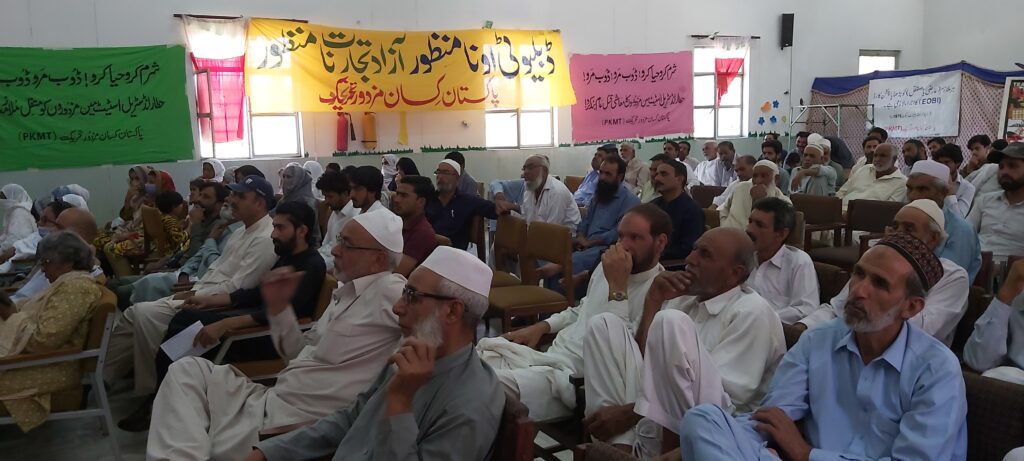Press Release | March 29, 2022
Pakistan Kissan Mazdoor Tehreek along with peasant movements, food sovereignty advocates, and supporters of genuine agrarian reform around the world, mark this year’s Day of the Landless enraged by the renewed push of big corporations, the rich governments representing them, and the governments of poor countries subservient to foreign and private capital of their land grabbing in the name of development and so called climate friendly schemes in the pretext of climate change mitigation and sustainable food systems.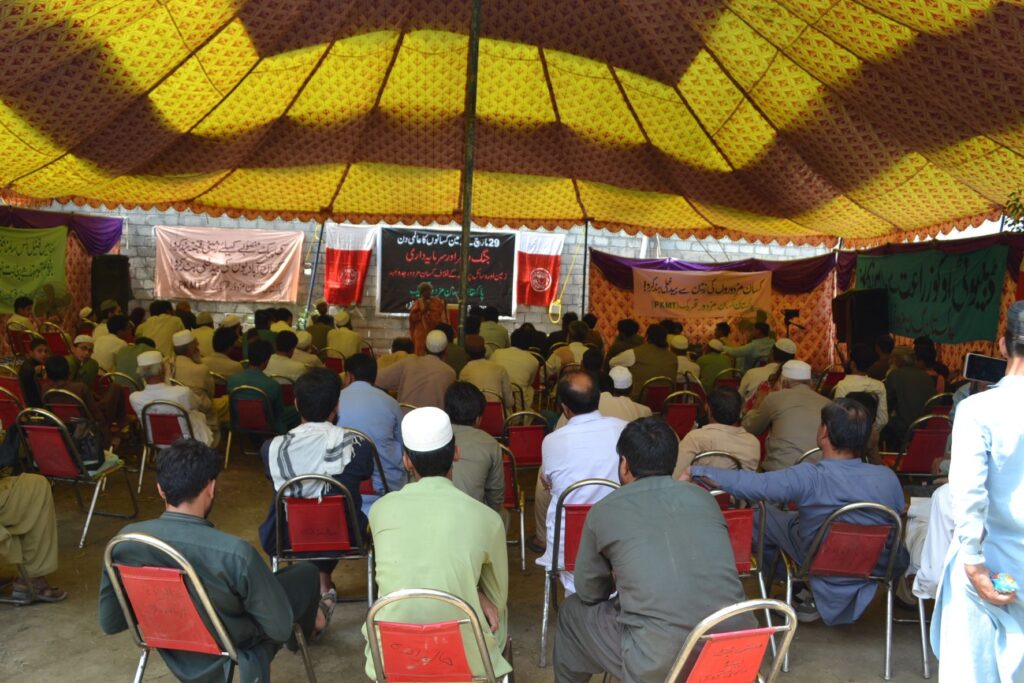
It is shameful that even during the Covid19 pandemic, instead of promoting and implementing policies that would promote sustainable food system, the United Nations directly supported and worked with mega business platforms and corporations to promote industrial-chemical methods of agricultural production that suit the very actors responsible for unsustainable food production directly responsible for the present climate crisis, that has even in the past few months reached alarming heights.
The major infrastructure projects such as the case of Northern Bypass, corporate farming systems including those being used in the dairy and livestock sector are responsible for eviction of small and landless farmers from their communities. Instead of promoting small farmers and landless farmers who practice traditional sustainable methods of agricultural production, our government is allowing free market forces to take over land, livestock, food production and processes as well as markets. A key example is the Pure Food Authority to take away control of the fresh milk sector from small producers and give control to huge corporations such as Nestle and Friesland Campina. Corporations like Pepsi Co are producing potatoes on more than 20,000 acres of land that is resulting in more and more agricultural workers to work on hunger wages. Digitalization of the food production system, an example being of the Pakistan Kissan Card is a dangerous element of trade liberalization that will allow further encroachment of not only agro-chemial corporations but also financial and IT corporations to control our agriculture. Critical food crops such as wheat production is being affected immensely. At the same time, increasing sugarcane production, a key biofuel crop, is also a contributor to drastic loss of livelihood for landless agricultural works pushing landless women to carry out backbreaking work in sugarcane harvesting just to access fodder for their animals. These profit-seeking corporations are being fully facilitated by our state mechanism much of which is controlled by feudal lords.
The imperialist international financial system, especially the International Monetary Fund (IMF) has imposed grotesque conditionalities based on which the small farmers, the landless, the women and children of the working classes face crippling poverty and hunger. The extremely high cost of agricultural production is leading to pauperization of small farmers, many facing eviction and being forced to sell their already meagre landholding.
Additionally, the ongoing COVID-19 pandemic continues to deepen the contradictions between the land and resource grabbers — the monopoly capitalists, finance oligarchs, local compradors, landlords, and bureaucrats — and the farmers, farmworkers, fishers, indigenous people, rural women and youth, and other rural sectors. Covid19 pandemic has led to new levels of global poverty and hunger that primarily impact rural peoples. Aggravating this are the wars and conflicts perpetrated by the competing interests of big global powers. The war in Ukraine that is being driven by the US-Russia rivalry, for instance, is exacerbating the already very dire situation of global hunger and food insecurity. Under the worsening socio-economic conditions of billions worldwide due to structural social inequalities the ruling classes are increasingly resorting fascist and dictatorial measures to maintain their power amid massive social unrests. 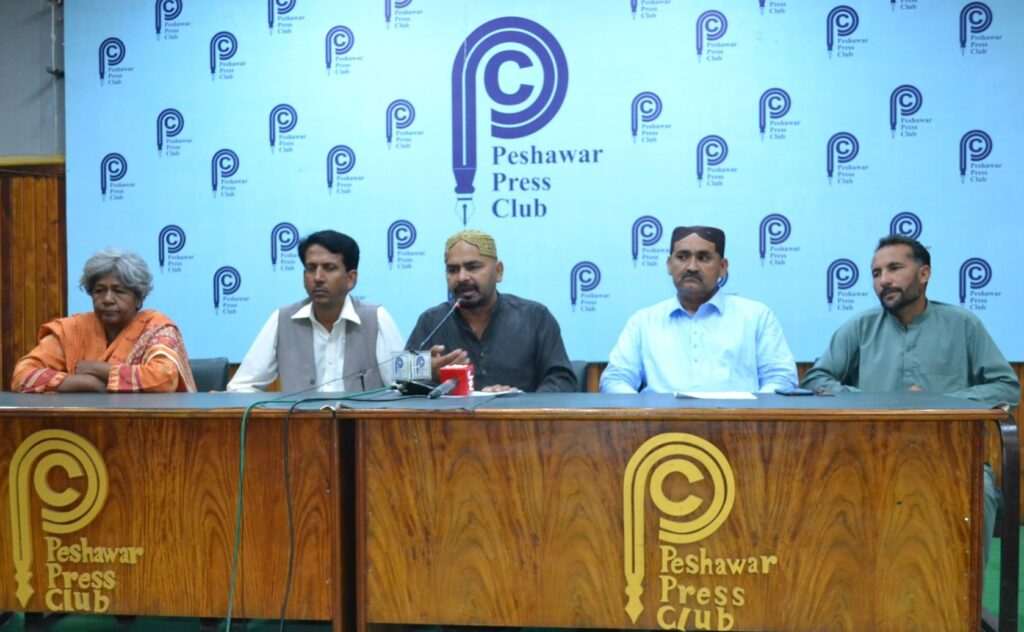
PKMT stands firm in its fight for the rights of small and landless farmers, for the entire working class. We will continue to fight for food sovereignty, strengthen our solidarity with the masses and expose and fight all forms of feudal encroachments and corporate grab, while promoting sustainable food systems based on the people’s rights to land and resources and a healthy planet.
- Stop land grabs!
- Stop the fascist attacks and human rights violations against rural peoples!
- Advance just, equitable, healthy, and sustainable food systems!
- Genuine agrarian reform now!
Release by: Pakistan Kissan Mazdoor Tehreek (PKMT)
DOTL 2022_Urdu Press Release

